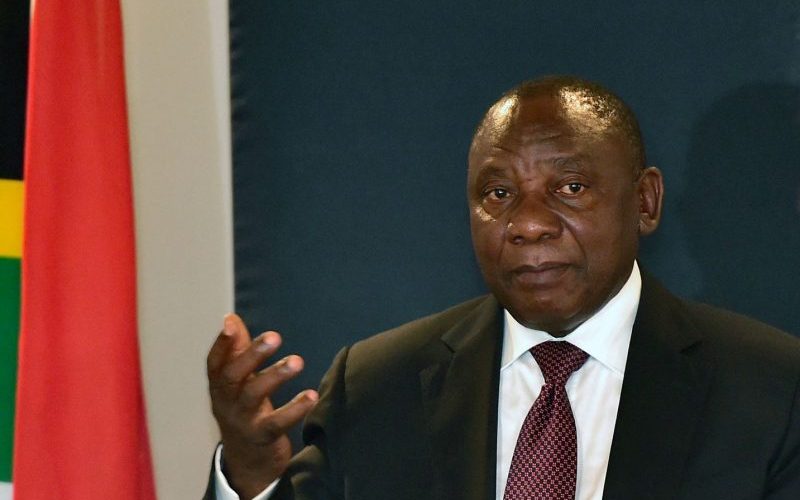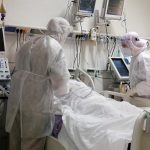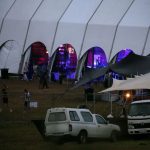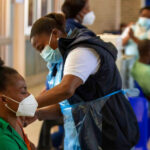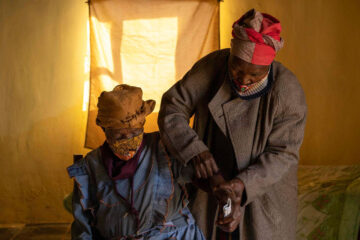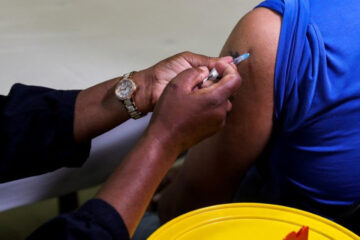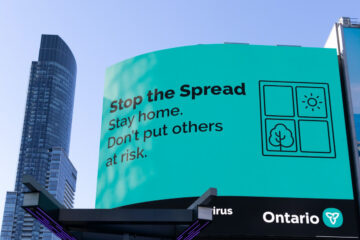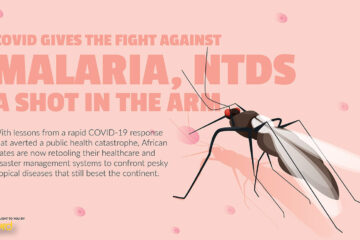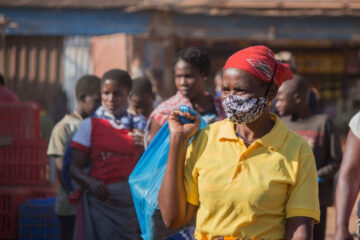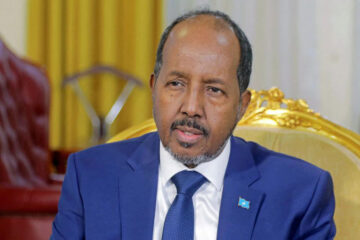AFRICAN MIRROR REPORTER
IN a desperate measure to slow down the rising COVID-19 infections, South Africa is closing public schools for four weeks and extending the school year beyond 2020.
This drastic measure was announced by South African President Cyril Ramaphosa in a special address to the nation and comes after pressure from teacher unions and school governing bodies for school to be closed during a period when infections are expected to rise dramatically.
At 408 052 infections, South Africa ranks fifth among the worst hit countries in the world. Over 6 000 people have died from COVID-19.
Ramaphosa announced that all public schools will be closed from 27 July and will reopen on 24 August.
However, Grade 12 learners and teachers will only take a one-week break, returning to school on 3 August. Grade 7 learners will take a two-week break, returning to school on 10 August, the President said
“As South Africa approaches its peak of COVID-19 infections, we must take the cautious approach to prevent schools from becoming sites of transmission,” he added.
Ramaphosa said the decision to close the schools was reached after extensive consultations led by the Department of Basic Education. He said the department has met with more than 60 organisations representing parents, school governing bodies, principals, educators, independent schools and civil society organisations.
“It has also consulted with the Council of Education Ministers, representing the provincial education departments. These consultations provided important insights into the experiences of the different stakeholders in education, and produced a broad range of divergent views.
It is necessary to report that it was difficult to find consensus on the best approach, just as there are differing views among both international and local experts on the circumstances under which schools should be reopened.
“What everyone does agree on, however, is that the health, academic and social development of learners must remain our foremost concerns. This is consistent with the advice of the World Health Organization, which argues for a balanced consideration of the educational needs of the child and trends in the development of the disease. Officials from the WHO have also said that the best and safest way to reopen schools is in the context of low community transmission,” Ramaphosa said.
He added that throughout this period, the National School Nutrition Programme will continue to operate so that all learners or their parents can collect food directly from schools.

